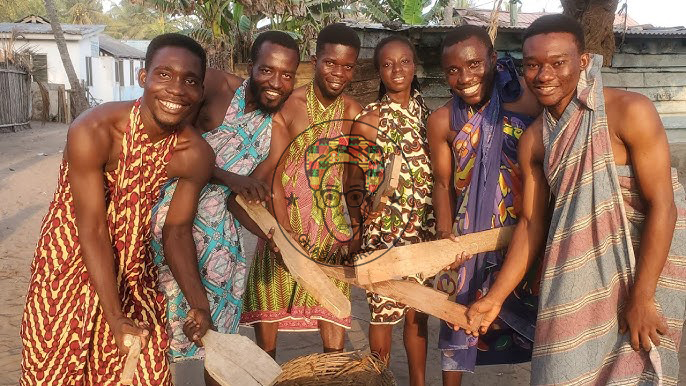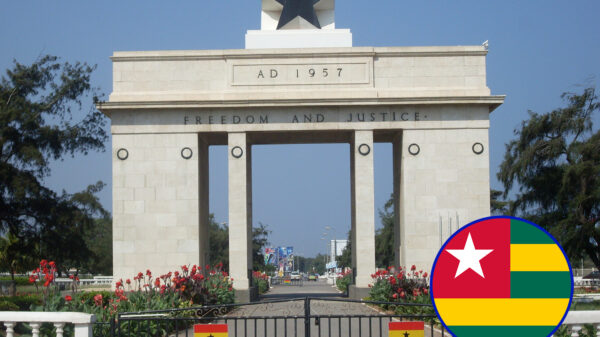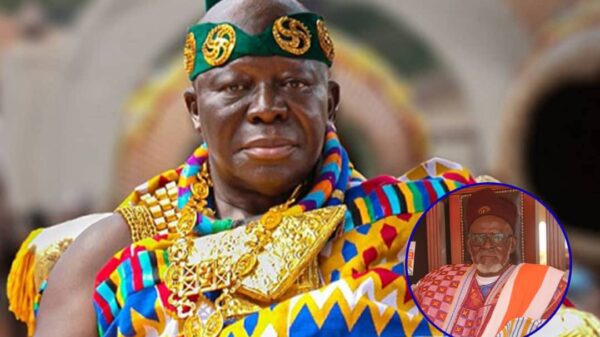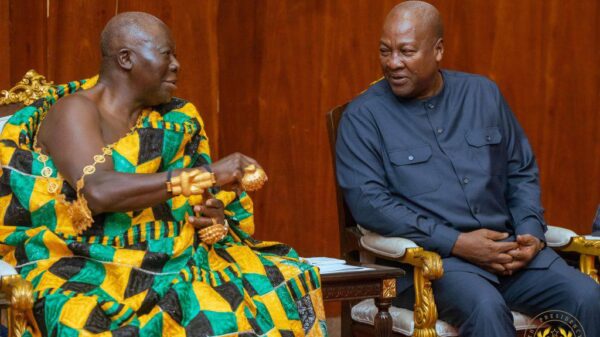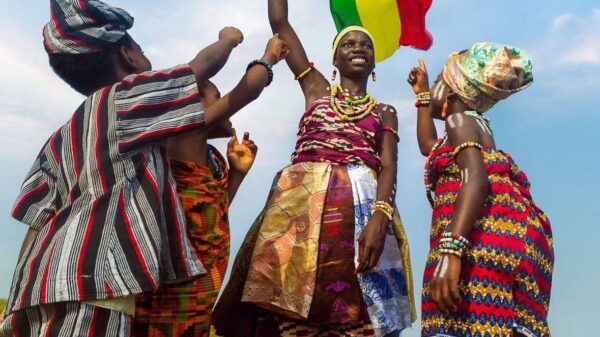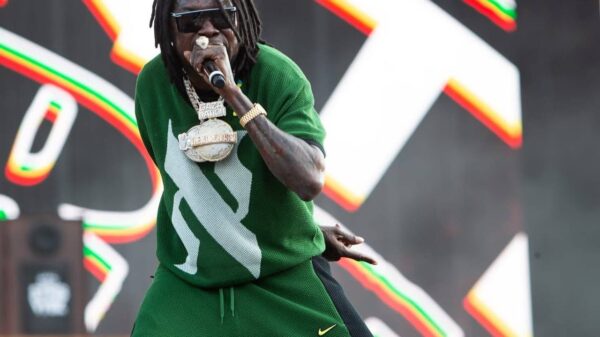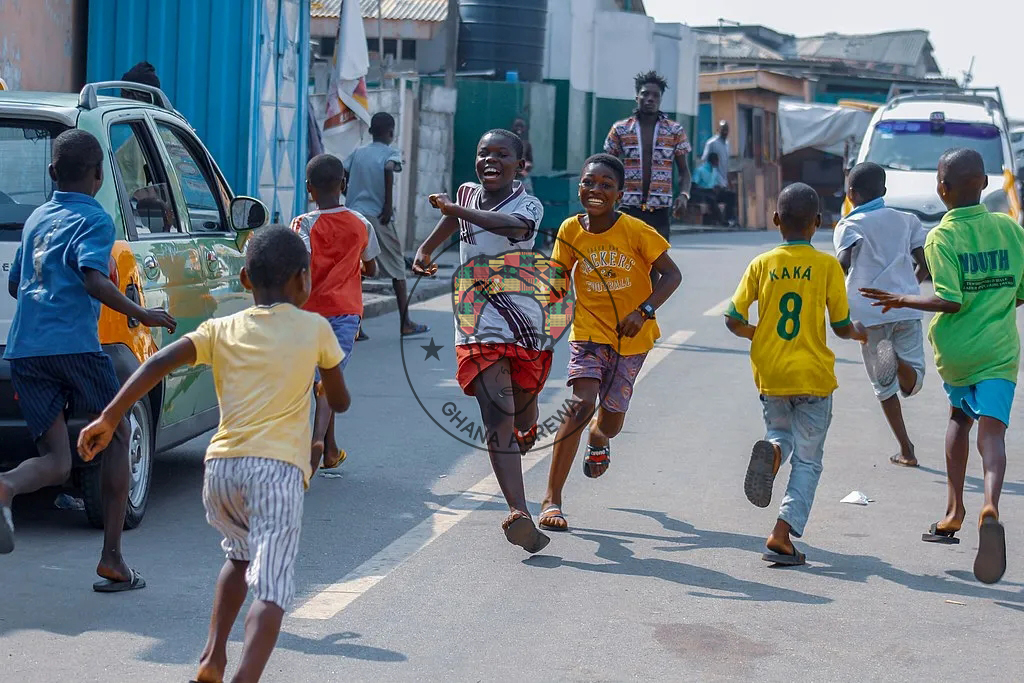In a world now dominated by technology, where children are more familiar with touchscreen devices than playgrounds, it’s easy to forget a time when joy was found in the simplest of things. For many Ghanaians, childhood was not defined by WiFi, game consoles, or streaming apps it was defined by laughter in dusty compounds, creative use of everyday objects, and the community spirit that traditional games nurtured. Games like Pilolo, Oware, Ampe, Chaskele, and Alikoto were not just sources of entertainment; they were lessons in life, unity, and imagination. Today, these games are fading from memory, overshadowed by modern distractions, but they remain a rich part of Ghana’s cultural heritage and childhood history.
One of the most iconic of these traditional games is Pilolo. Originating from the Ga word meaning “one, two, three,” Pilolo is a thrilling combination of hide-and-seek and treasure hunting. In this game, one player, the “seeker” or “owner,” hides a small object like a stick or coin, while the other players, the “searchers,” look away. At the seeker’s signal, the searchers race off to find the hidden object, with the first to discover and return it being declared the winner. The sheer excitement of running through familiar paths, deciphering clues, and hearing the victorious shout of “Pilolo!” is something that technology can never replicate. It was a game of wit, speed, and joy, encouraging children to explore their surroundings while sharpening their observation skills.
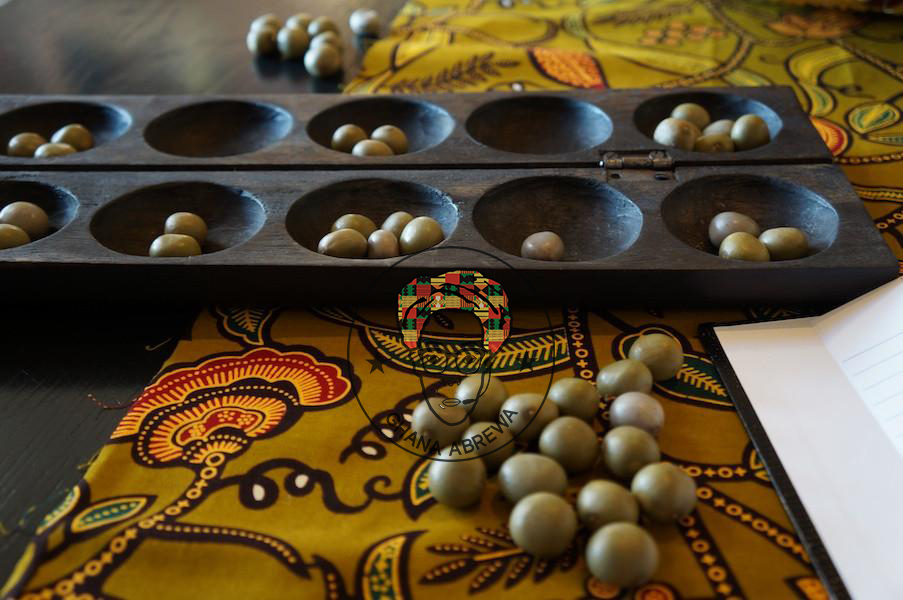
Another revered game is Oware, a traditional strategy game with roots in Akan culture, known globally as part of the Mancala family. Unlike Pilolo’s physical activity, Oware is a cerebral game one of patience, planning, and foresight. Played on a wooden board with two rows of six holes each, and using seeds or stones, the objective is to “sow” and “capture” more seeds than your opponent. Traditionally played under the shade of trees or on verandas, Oware was often a silent battle of intellects, teaching young players arithmetic, critical thinking, and long-term strategy. More than just a game, Oware symbolized wisdom and was passed down from elders to youth as a rite of growth and knowledge.
Ampe, on the other hand, is all about rhythm, energy, and spontaneity. Especially popular among girls, Ampe is a high-spirited game played in pairs or groups. Players clap in rhythm and jump simultaneously, throwing one foot forward. If a player correctly predicts their opponent’s move, they score a point. What made Ampe special was not just the rules but the lively atmosphere it created—filled with claps, cheers, and vibrant shouting. It promoted physical fitness, quick thinking, coordination, and most importantly, confidence. In schoolyards and community spaces, Ampe turned any ordinary moment into a celebration of youth and camaraderie.
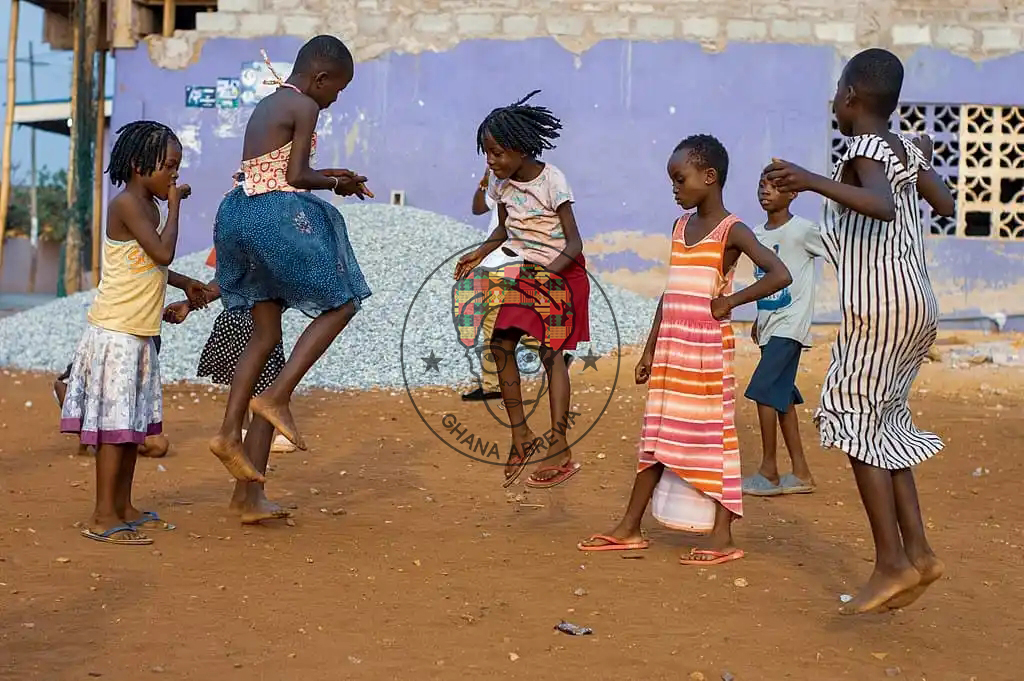
For those with a knack for improvisation, Chaskele was the go-to game. Played with a crushed tin can and a stick, Chaskele mirrored baseball in concept but was pure Ghanaian in spirit. One player would throw the can, while the other attempted to hit it mid-air. The game, often played in alleys and open compounds, demanded agility and precision. It was a symbol of creativity proof that Ghanaian children could turn discarded items into instruments of joy. Chaskele taught resilience and adaptability, showing that fun didn’t need fancy tools, just a little imagination and a lot of heart.
Lastly, Alikoto brought flair and finesse to the playground. This finger-spinning game used a bottle cap, coin, or any round object fitted with a small pin. Players would spin the object with a flick and try to keep it rotating or knock out an opponent’s piece at just the right moment. Though seemingly simple, Alikoto required sharp reflexes, timing, and intense concentration. It was a favorite among schoolboys during breaks and has remained a nostalgic memory for many, representing the quiet but thrilling moments of childhood play.
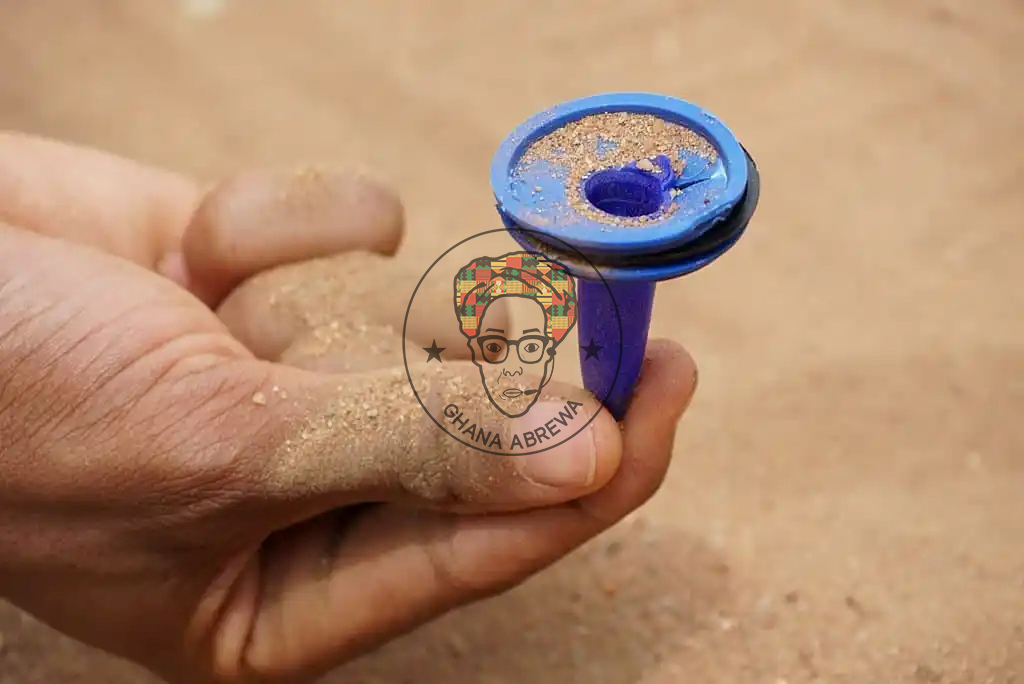
These games were more than just ways to pass time; they were cultural treasures that instilled valuable life skills. They taught children how to think critically, move with purpose, compete with honor, and most importantly, connect with others. They fostered a sense of community, where age, gender, or background didn’t matter. In playing together, children learned together.
Sadly, today’s generation may never experience these games firsthand. With the rise of digital entertainment, the communal and physical aspects of play are rapidly disappearing. Children are more likely to engage with virtual worlds than with their peers in real-life games. While technology has its benefits, it has also distanced us from the organic, joyful, and educative nature of traditional games. The loss is not just of entertainment, but of the values, stories, and bonds these games nurtured.
In conclusion, traditional Ghanaian games like Pilolo, Oware, Ampe, Chaskele, and Alikoto are profound reminders of a time when childhood was free, grounded, and full of genuine connection. As a society, we must preserve these treasures not just as relics of the past, but as living traditions that future generations can learn from and enjoy. Let us revive these games, share them with our children, and remind them that sometimes, the best kind of fun doesn’t come from a screen, but from the dusty ground beneath our feet and the laughter of friends beside us
